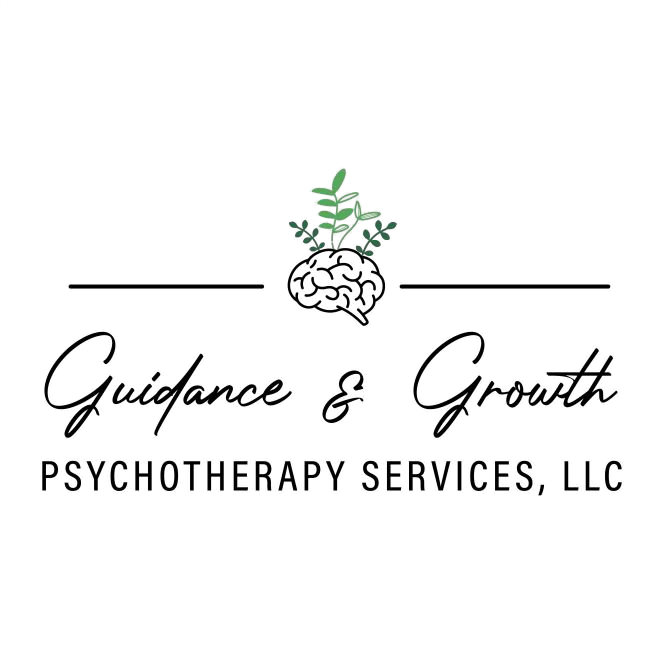Attachment Trauma Can Feel Like “Stranger Danger”
As the holiday season is passing on through, I felt it was important to write a short yet validating blog on a common topic of conversation that I frequently have both in my sessions with clients and with my own family and friends. If you come from a chaotic, dysfunctional, and/or traumatic upbringing I think it is important for you to know that it is very real and valid to feel a sense of strangeness and discomfort when interacting with or being expected to interact with someone who has hurt you. The “well they are your mom” or “you know that is just how your dad is” comments from others are extremely dismissive and invalidating. We must do better as a society but until we get there (as a therapist I try to have hope that we will get there!) we must show up for ourselves in the ways that we wish significant figures in our lives SHOULD have shown up for us.
It is okay and critical that we show ourselves compassion, grace, and love. But why does it feel like I’m interacting with a stranger when I’m interacting with my *insert person who hurt you here* you might ask? This is because when we experience developmental trauma inflicted by our primary caregivers/figures this causes our perception of ourselves, the world, and attachment to others (our attachment system) to become sensitized. Essentially, we can begin operating from a chronic state of stress and survival mode. Someone can remind us of the type of attachment we have to said hurtful person every day but that doesn’t sooth our nervous system and threat detection centers of our brains. You can feel an aversion to touch, uneasiness in the close sitting proximity to them, or a sense of hyper vigilance or even anger when interacting with them. Our mind and body continue to tell us that our safety is at risk similar to how we may feel in a dark alley in a city we aren’t familiar with.
If this content resonates with you I encourage you to take a simple pause to check in with your body and emotional state prior to saying yes or no to social engagements. Feeling connected to and trusting of your intuition can be challenging when you have been hurt and then left alone to deal with your hurt when the very person who hurt you SHOULD have been the unconditional safe space for you, your needs, and your voice. Love is not hurtful, neglectful, disrespectful, or damaging. Be easy on yourself and I hope you can find peace and gentleness in this winter season <3.
“Finding your voice after years of silence is probably one of the most difficult things to do. But it can also be one of the most liberating things to do!”
DISCLAIMER: All views and information on this site/post are my own and do not represent the opinions of any entity whatsoever with which I have been, am now, or will be affiliated. The information on this site/post are not intended to diagnose, treat, cure, or prevent any mental illnesses. I, the author, do not in any way guarantee or warrant the accuracy, completeness, or usefulness of any message and will not be held responsible for the content of any message. Always consult your personal physician(s) for specific medical and/or mental health advice and/or treatment.

